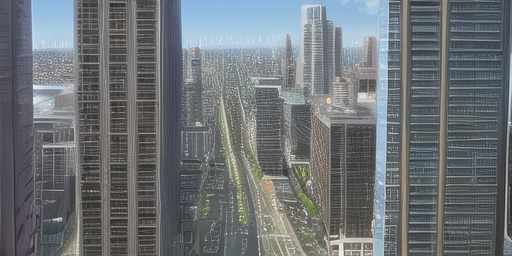《深海剧组》在简一说电影个人直播间KO(基于简一说)的故事与趣味
深海剧组是一支由全球知名伙伴构成的卓越表演者集体,其专为推广电影文化而设置。近日,这个团队在简一说直播间KO中融入了沉重与趣味的交织。通过对其成员的深度介绍及他们与电影世界的互动,这次直播不仅展现了深海剧组的魅力,也为观众提� Written in 1867, this novel is considered one of the first science fiction stories and a pioneering work that explores themes like evolution. Discuss how Huxley's novel challenges Victorian ideals and scientific beliefs of his time.
Answer
"Looking Backward: 2000-1887," written by Edward Bellamy in 1888, is a seminal work that uses the genre of speculative fiction to critique the social issues of its contemporary era. By envisioning a future society where technological advancements have fundamentally altered social structures and relationships, Bellamy presents a utopian world starkly contrasted with his own present—the late 19th-century Victorian America.
At its core, the novel challenges both Victorian ideals and scientific beliefs through various narrative strategies:
Idealism vs. Materialism: Bellamy's utopia is an antidote to the materialistic values prevalent during his time. He presents a society where wealth disparity has been eradicated, social status is based on merit rather than birthright or financial success, and communal well-being takes precedence over individual gain. This contrasts sharply with the capitalist ethos that valued industrial progress and personal profit at any cost in Victorian society.
Technological Utopia: In Bellamy's narrative, technology plays a pivotal role in achieving societal harmony—a stark departure from the cautious or even fearful views on technological advancements held by many Victorians. The novel foresaw inventions such as air travel and telecommunication which were seen as wonders of their time, but Bellamy took them further to create a world where these technologies are fully integrated into the social fabric, facilitating unprecedented levels of efficiency and equality.
Science vs. Religion: By envisaging a future with advanced scientific understanding and application, "Looking Backward" implicitly critiques the prevailing Victorian religious dogmatism that often resisted empirical evidence or rational thought in favor of faith-based explanations for natural phenomena. Bellamy's utopia assumes an age where science has supplanted religion as the primary means of understanding and organizing human life.

Social Reform vs. Static Society: In stark contrast to a static society resistant to change, Bellamy’s narrative showcases a world in constant evolution—where social reforms are an integral part of societal growth rather than occasional disruptions. This mirrored the ongoing social reform movements in Victorian times but posited them as achievable and even desirable outcomes given time and effort.
Gender Relations: Bellamy also challenges Victorian norms regarding gender roles by envisioning a society where women hold equal status to men, directly opposing the patriarchal structures of his contemporary society. This represents not only an ideological shift but also anticipates early feminist movements that sought greater equality for women.
Education Reform: The novel emphasizes education as a vehicle for achieving societal harmony and personal fulfillment, contrasting with the often rigid and class-based educational systems of Victorian society. In Bellamy's vision, education is universally accessible and aimed at developing individual potential rather than preparing individuals for preordained social roles.
Through "Looking Backward," Bellamy critiques the status quo by imagining a world that corrects its flaws through advancements in technology, science, social organization, and equality. His novel remains influential as it challenges readers to envision alternative futures grounded in progressive principles, making it not only a cornerstone of speculative fiction but also an enduring commentary on the possibilities for societal evolution.
用户评论 0
暂无评论




